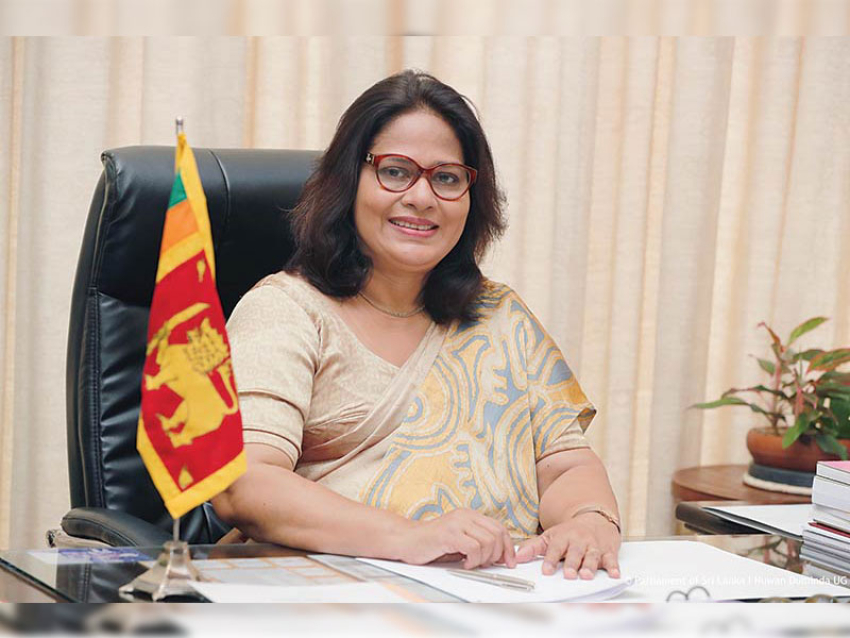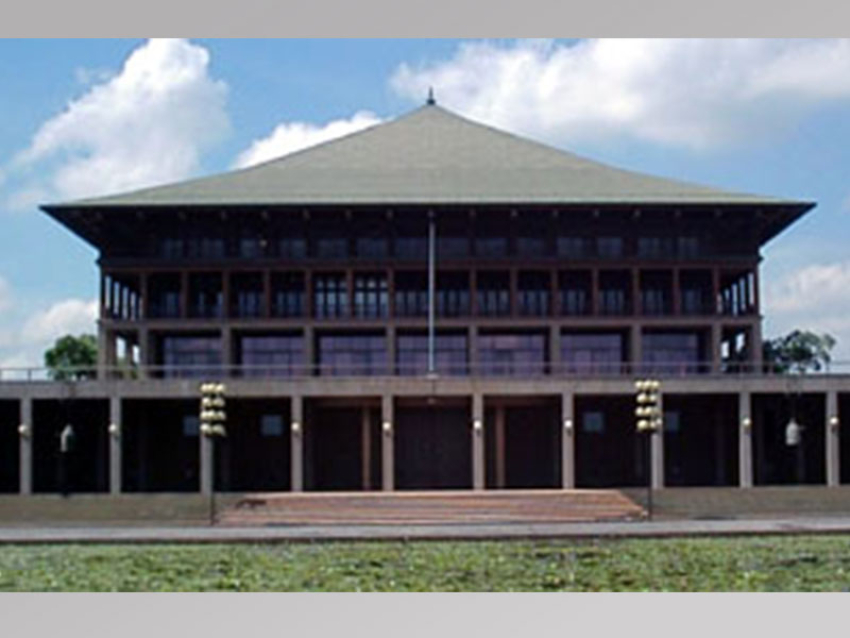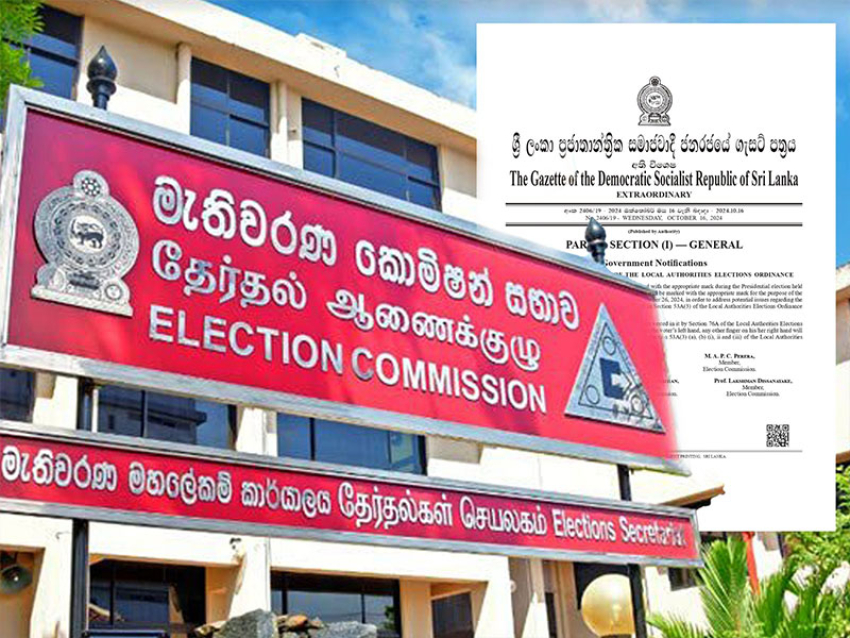“Total internet connections grew by 68.4 per cent during 2014 raising internet penetration (connections per 100 persons) to 16.4,” a recent Central Bank annual report said.
“This was largely supported by the accelerated growth of 85.8 per cent in mobile internet connections.”
“Active usage of Information and Communication Technology (ICT) services in economic activities such as e-banking, mobile banking, e-bus ticketing, and mobile points of sale (POS) has also increased.”
In 2013, internet connections grew by 47 per cent, increasing internet penetration (connections per 100 persons) to 9.8 per cent.
The report states that access to internet may be even higher, as these connections do not reflect ad hoc data users on general connections, while common access points are considered as single connections, in spite of multiple user access.
The number of mobile telephone connections increased by 8.9 per cent while fixed wireline telephone connections recorded a 5.7 per cent growth in 2014.
However, fixed wireless connections continued its declining trend recording a drop of 5.4 per cent in 2014, thereby causing a reduction in the total fixed telephone connections by 1.0 per cent.
By end 2014, the fixed telephone penetration (connections per 100 persons) and the mobile telephone penetration stood at 13.0 and 107.0, respectively.
Meanwhile, Sri Lanka’s mobile phone sales reached one million unities in the third quarter of 2014 while smart phone shipment up by 100 percent which accounts for 20 percent of the total sales, a recent market research report said.
In the overall Sri Lanka mobile handsets market, Nokia retained leadership position with a 22 percent share, followed by Micromax at second position with 19 per cent and E-Tel at third position with 12 percent, in terms of sales (unit shipments) during third quarter of 2014.
In the smartphone market segment, Samsung leads with a 20.6 market share followed by E-Tel with 17.7 percent market share, the report said.




















